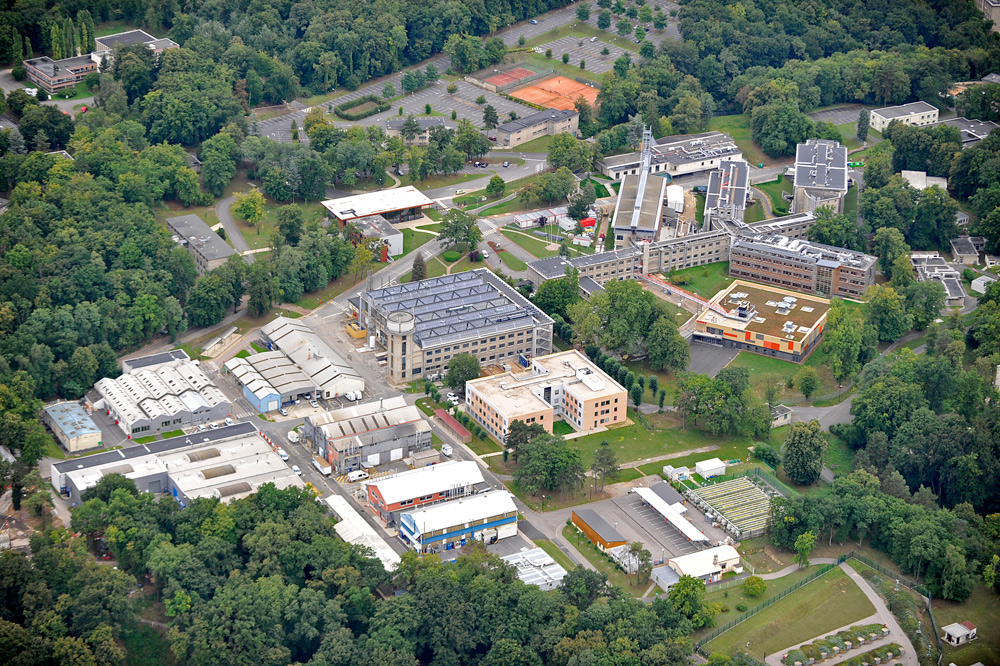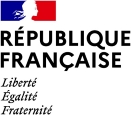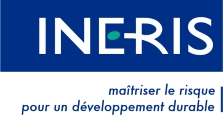Presentation
Managing Industrial and Environmental Risks

Ineris was created in 1990 as a result of the merger between the French Centre for Studies and Research into Collieries (Cerchar) and the Institute of Applied Chemical Research (Ircha).
It has accumulated nearly 70 years of expertise and knowledge.
The Institute’s mission is to contribute to the prevention of risks caused by economic activities to health, environment, and the safety of people and goods.
It conducts research programs with the aim of improving our understanding of the phenomena that are likely to lead to risk situations or damage to health and the environment, and of further developing its expertise in prevention. It works to expand its scientific and technical capabilities in the fields of accidental risk, chronic risk, and ground-level / subterranean risks (mining), and makes them available to public authorities, local authorities, and businesses to help them make the decisions best suited to improving environmental safety.
-
513employees approximately
-
15hectares for testing platforms
-
30,000m2 of laboratories and testing centres
-
4regional locations: Nancy, Aix-en-Provence, Bourges and Lyon
-
2subsidiaries: Ineris Training and Ineris Development

